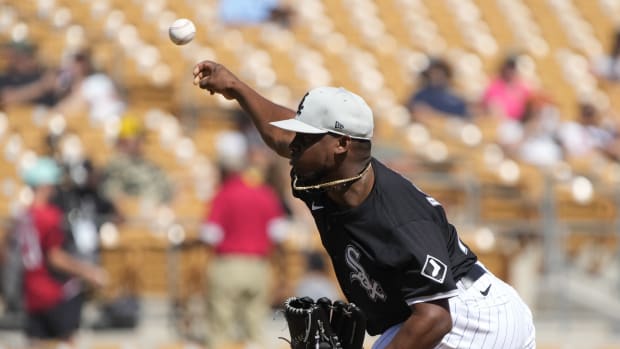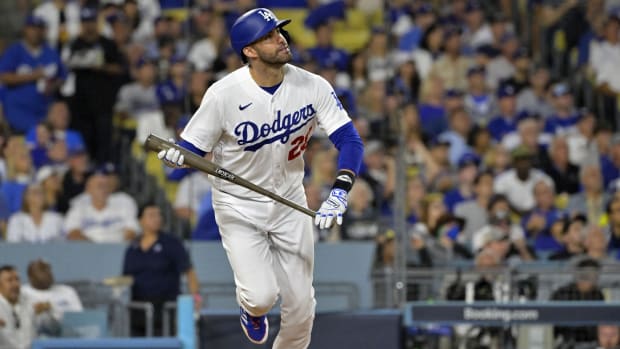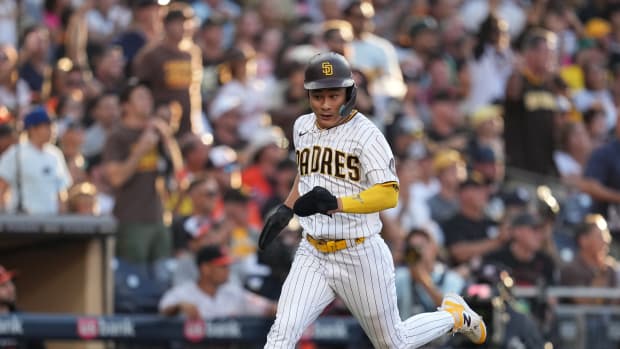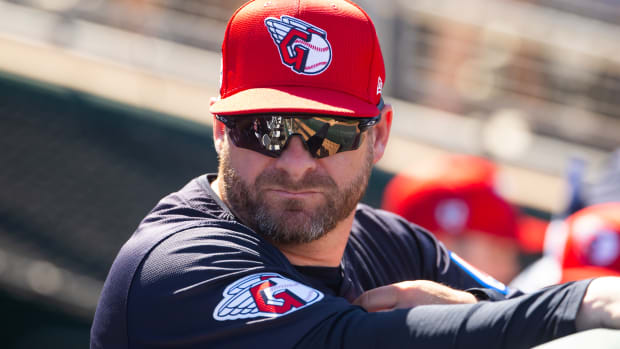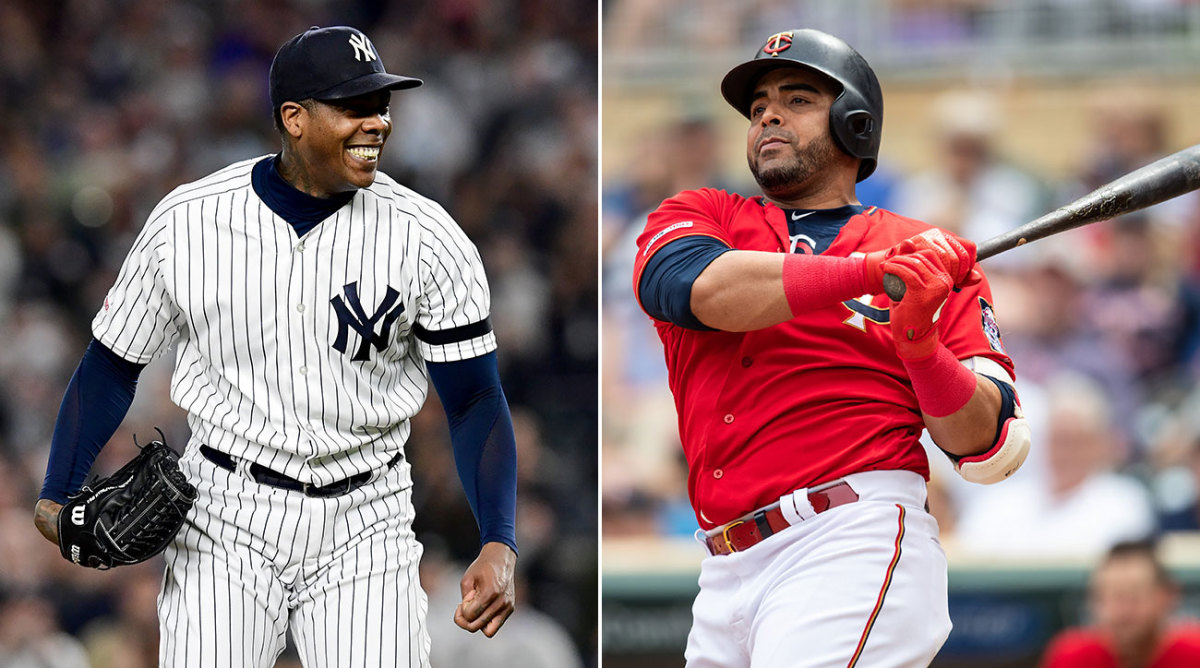
Three Keys That Will Decide the Yankees-Twins ALDS
There’s a subset of Twins fans who certainly remember the team’s true glory years, including Minnesota’s first World Series in 1987 and the subsequent seven-game classic over the Braves in 1991. Yet for a younger generation, the Twins have only brought postseason pain. The New York Yankees are the central culprit.
Minnesota has appeared in the ALDS or AL wild-card game six times since 2003, losing all six matchups. New York has faced the Twins in five of those postseason battles, though to be frank, beatings may be the more accurate term. The Yankees are 13–2 in their last 15 postseason games vs. Minnesota. They swept the Twins in 2003, 2004, 2009 and 2010. Minnesota jumped out to a 3-0 lead at Yankee Stadium in the 2017 AL Wild Card, but even that success was short lived. The Yankees scored three in the first inning and seven runs by the end of the fourth, cruising to an 8-4 victory. The 21st century hasn’t been kind to the Twins.
This October is a new beginning, though, and the Twins are once again tasked with facing New York in the ALDS. Is there any way they can upset the Yankees as the series kicks off on Friday night? Here are three keys to the matchup.
1. Battle of the Long Ball
The Twins leaned heavily into the home run revolution of 2019, leading baseball with 307 dingers and 906 RBI. Minnesota was the only team in baseball with eight 20-home run hitters in 2019, with five Twins mashing more than 30 homers. There are no shortage of bats that can strike. A few high-scoring affairs could be in order vs. the Yankees, who finished second to Minnesota with 306 long balls.
Minnesota’s power production could swing on the health of Max Kepler. The 26-year-old outfielder posted career highs in nearly every statistical category this season, finishing 2019 with an 36 homers, 32 doubles and an .855 OPS. Yet his status for Game 1 of the ALDS remains in doubt as he battles shoulder soreness. The Twins can still produce without Kepler, though for much of 2019, the lefty was their offense’s engine. Minnesota needs any spark it can get to take down the Yankees’ collection of sluggers. Kepler’s return to the lineup is critical.
2. Minnesota’s Matching Bullpen?
The Yankees’ ability to shorten the game with their bullpen could bury the Twins. Aaron Boone’s crew doesn’t have a Verlander-Cole flair to it; don’t expect Yankees’ starters to face lineups for a third time. But after the fifth or sixth inning, New York should be able to lock games down. The bridge to the ninth inning is strong, and Aroldis Chapman is cruising with a 0.59 ERA since August 1. The Yankees’ back end is perhaps its biggest asset.
Minnesota’s crew is clearly less imposing, though the Twins should feel relatively calm about its relief core entering October. Closer Taylor Rogers sports a 2.65 ERA and 90 strikeouts in 69 innings, anchoring baseball’s No. 10 bullpen by ERA. It’s not necessarily a deep group, but middle relievers Trevor May and Tyler Duffey complete one of the American League’s best relief trios alongside Rogers. One blown lead could end Minnesota’s season. It’s bullpen will need to hold steady to pull off the upset.
3. Aaron Boone’s Staff Deployment
We noted the bullpen tools at Boone’s disposal above, but there are a slate of starting arms ready to be deployed as well. CC Sabathia is a potential long-relief option, as is Masahiro Tanaka depending on how Boone sets his staff. There’s even the possibility of trotting out Chad Green as an opener, then building the subsequent innings on the fly. We know the Yankees are without an ace, but they are not without quality pitchers.
Expect Boone to be active in using his 'pen, at least if he’s learned anything from last year. His passiveness culminated in Yankees' elimination in Game 4 of the ALDS last season, waiting in the dugout as Sabathia allowed three earned runs in the third inning. Luis Severino was similarly hit hard in Game 3, yet Boone allowed the righthander to yield six earned while Boston cruised to a 2–1 series lead. Boone needs to shorten his leash in the playoffs. He’s at risk of getting burned again without being proactive.






























